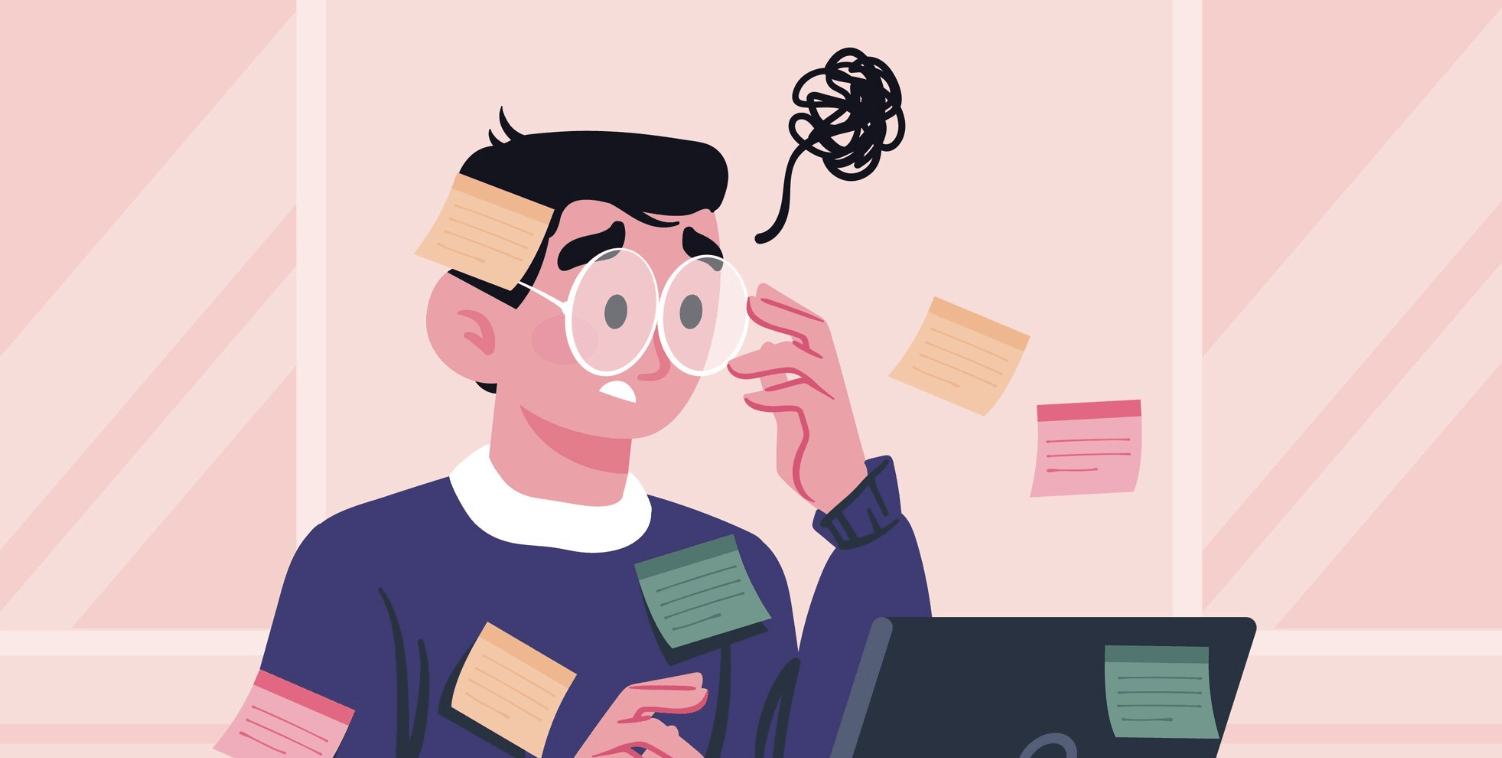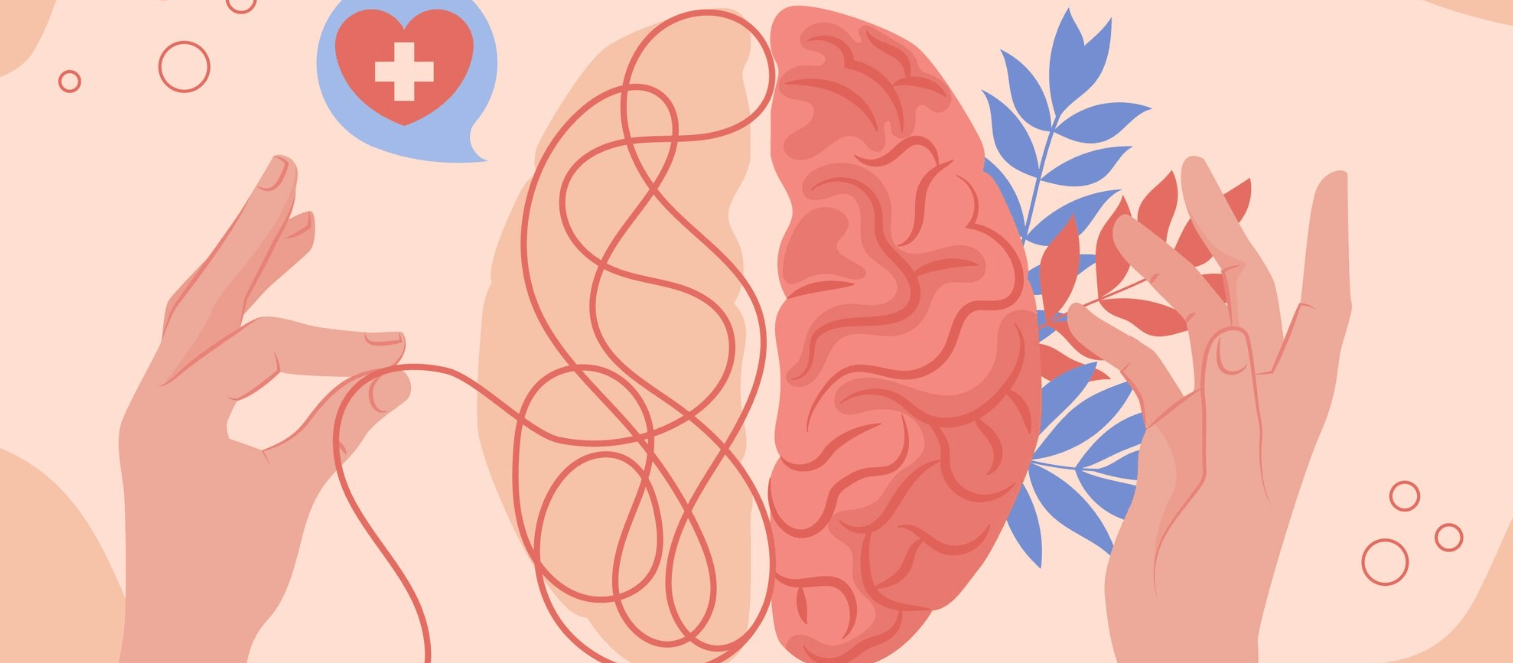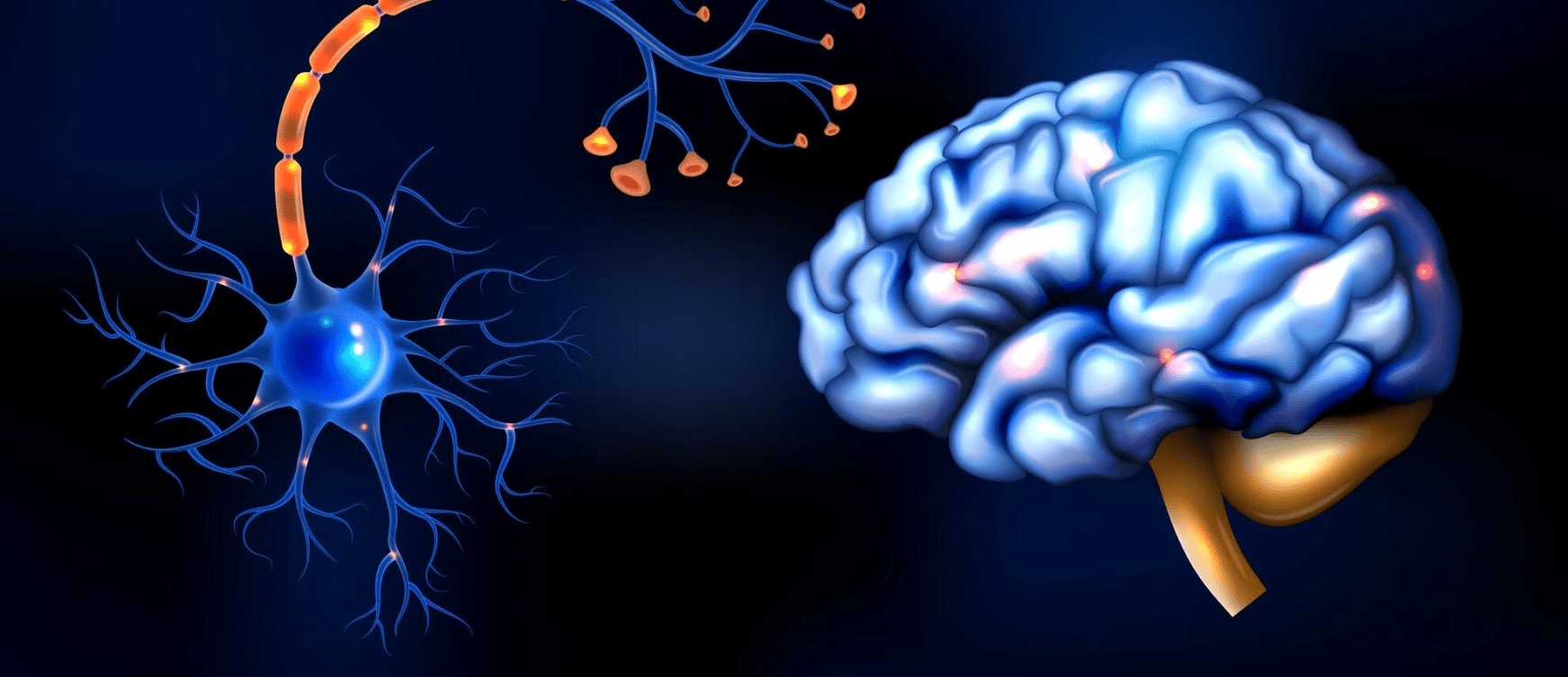Cognitive Exercises That Actually Work (According to Science)

Let’s be honest - most people have tried a “brain game” at some point and wondered if it’s doing anything at all. You tap, you match, you remember a few shapes, and you think, “Is this really helping me think better?” The truth is, not all cognitive exercises are created equal. But when done right, they can make a real difference in how your brain performs every day.
In this article, we’ll break down the science-backed exercises that actually strengthen focus, memory, and problem-solving. We’ll also show you how apps like Moadly make it easy to fit these workouts into your daily routine - without feeling like homework.
If you’re new to cognitive training, you might want to read Can Brain Exercises Improve Focus and Clarity? for a simpler overview before diving into the science.

What Makes a Cognitive Exercise Effective?
For a mental exercise to actually work, it needs to do one or more of these things:
- Challenge working memory - the part of your brain that temporarily stores and manipulates information.
- Improve cognitive flexibility - your brain’s ability to switch between tasks and adapt to new information.
- Strengthen atention control - your ability to focus on what matters and block out distractions.
- Encourage neuroplasticity - the brain’s ability to create and reorganize connections through learning and repetition.
According to neuroscience research, consistent engagement in such activities can improve neural efficiency - meaning your brain processes information faster and with less effort over time.
The 6 Best Science-Backed Cognitive Exercises
1. Dual N-Back Training
This exercise is one of the most studied and powerful for improving working memory and fluid intelligence. It challenges you to remember sequences of visual and auditory cues while updating them in real-time. Over time, it forces your brain to juggle information faster and more accurately.
Studies have shown dual n-back training can transfer to real-world skills, like reasoning and problem-solving. Moadly uses similar adaptive memory challenges to keep your progress dynamic and personalized.
2. Pattern Recognition and Logic Puzzles
Pattern recognition tasks - like matching sequences or predicting outcomes - stimulate areas of the brain linked to reasoning, strategy, and long-term planning. Unlike repetitive puzzles, these force your mind to identify structure and meaning in complex data, much like real-world problem-solving.
Want to try similar activities? Check out How Cognitive Training Apps Compare to Traditional Puzzles for a look at why digital versions are often more effective.

3. Focused Attention Exercises
One of the easiest ways to train focus is through attention control games. For example, tasks that require you to respond only to certain visual or auditory cues while ignoring others directly strengthen your prefrontal cortex. These exercises are proven to improve concentration and impulse control.
You can simulate this effect in daily life too. Try the 50-10 focus rule - work intently for 50 minutes, then rest for 10. You’ll build stamina over time. Learn more in How to Create a Routine to Prevent Brain Fog.
4. Speed and Reaction Training
Tasks that test reaction time and decision-making speed stimulate dopamine and norepinephrine systems - chemicals that influence alertness and motivation. Over time, they train your brain to process visual information more efficiently.
One study found that older adults who practiced simple speed games for 10 hours improved reaction times by up to 150% - results that lasted for years.
5. Memory Recall Games
Short-term and long-term recall games are among the most reliable ways to strengthen memory networks. When you recall information (not just review it), your brain reinforces those neural pathways, making them easier to access later.
That’s why flashcard-style memory apps and games work so well - they trigger active retrieval instead of passive recognition. Try adding short daily sessions through apps like Moadly or explore How Memory Training Helps Reduce Brain Fog to see how recall exercises restore mental clarity.

6. Mindfulness and Visualization
It may surprise you, but mindfulness and visualization exercises are also powerful cognitive workouts. They train your brain to direct attention intentionally, reduce mental noise, and manage distractions more effectively. Regular mindfulness has been shown to physically thicken the prefrontal cortex - the part of your brain responsible for focus and planning.
If anxiety or overthinking contribute to your brain fog, start with The Relationship Between Anxiety and Mental Cloudiness for a better understanding of how to manage cognitive clutter.
How Long Does It Take to See Results?
You don’t need to spend hours every day on brain training to see results. Research shows that 10–15 minutes per day, at least 5 days a week, can lead to measurable improvements in memory and processing speed within 4–6 weeks.
Consistency is key. The brain learns through repetition - so the more regularly you engage in structured exercises, the more long-lasting the benefits.
| Training Duration | Expected Improvement | Key Brain Benefit |
|---|---|---|
| 2 weeks | Better focus and task switching | Attention control |
| 4–6 weeks | Improved working memory and recall | Neural efficiency |
| 8+ weeks | Enhanced problem-solving and adaptability | Neuroplasticity |
Common Mistakes People Make
- Inconsistency: Doing brain exercises sporadically won’t yield results. Treat it like fitness training - regular small sessions beat occasional long ones.
- Repetition without challenge: If a game feels too easy, it’s not building new neural pathways. Your brain grows only when pushed beyond comfort.
- Lack of sleep and nutrition: No cognitive routine can outwork poor rest or diet. For long-term results, combine training with healthy habits. See The Role of Sleep in Preventing Brain Fog and The Connection Between Nutrition and Cognitive Fatigue.
Why Moadly Is Different
Moadly combines proven neuroscience principles with engaging, adaptive exercises that evolve as your skills improve. It’s not about random games - each task targets specific cognitive domains like memory, flexibility, and focus, with real feedback on your progress. That’s why many users find it easier to stick to daily sessions compared to traditional puzzle apps.
If you’re recovering from COVID-related cognitive fatigue, Moadly can also support your recovery. Explore The Role of Brain Training in Post-COVID Cognitive Recovery for more insights.
Quick Daily Cognitive Routine (Sample)
Here’s a simple way to fit proven brain training into your day:
| Time | Activity | Purpose |
|---|---|---|
| Morning (5–10 min) | Memory recall exercise | Wake up brain and improve short-term retention |
| Afternoon (10 min) | Logic or pattern challenge | Boost problem-solving and flexibility |
| Evening (5 min) | Mindfulness or visualization | Reduce stress and reset attention |
Consistency is what transforms these small moments into measurable results. Just 15–20 minutes daily can change how alert, calm, and focused you feel.

Final Thoughts
Cognitive training isn’t about becoming a genius overnight - it’s about making your brain more efficient, adaptable, and resilient. Whether you’re trying to recover from brain fog, stay sharp with age, or simply focus better at work, these exercises can help.
The key is to choose the right ones, stay consistent, and balance them with healthy sleep, nutrition, and downtime. To get started, check out How Daily Brain Training Supports Mental Sharpness and Cognitive Health Tips for Preventing Brain Fog Long-Term.
Train your brain like you train your body - a few focused minutes every day lead to clarity, energy, and sharper thinking for years to come.
